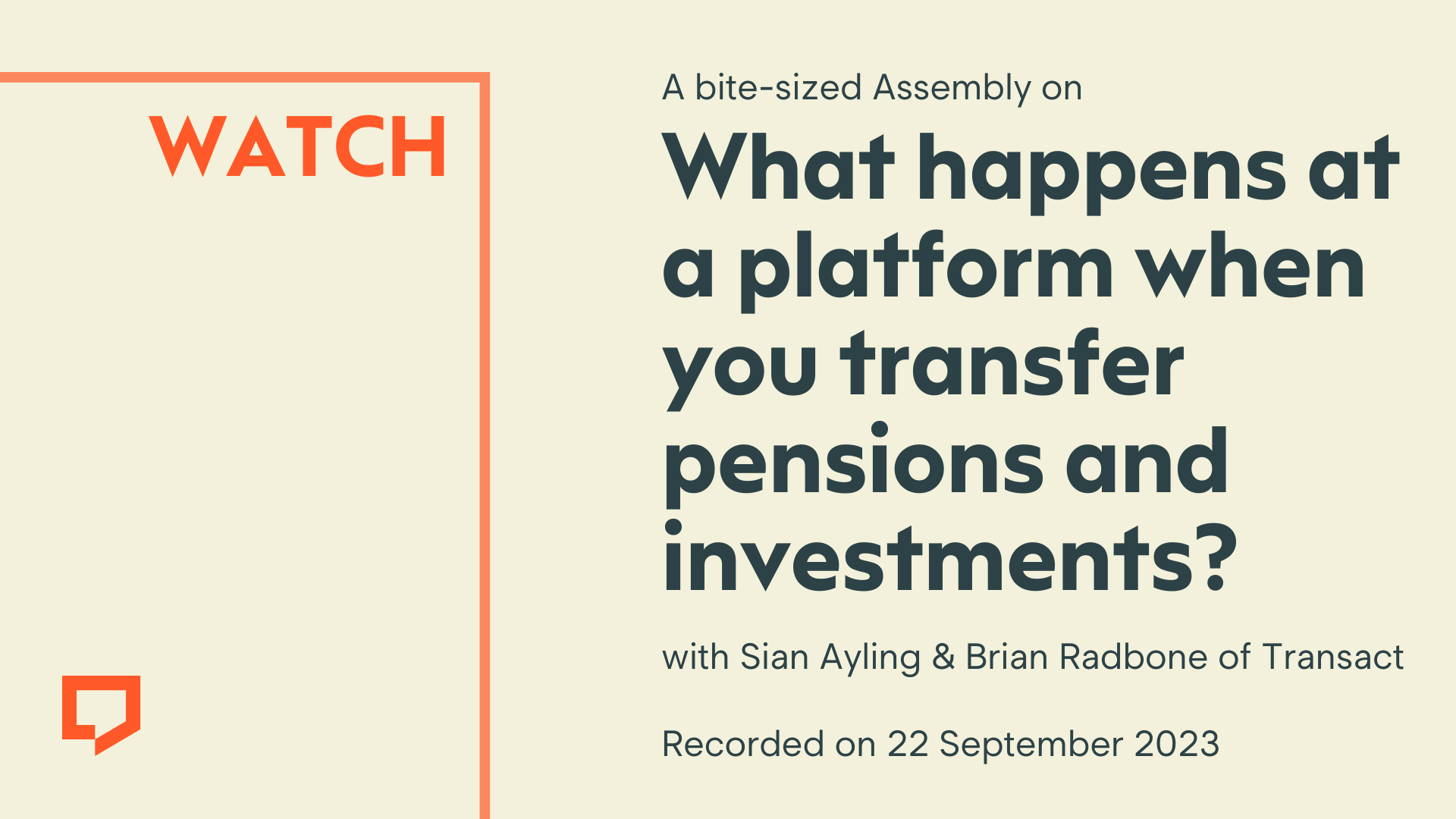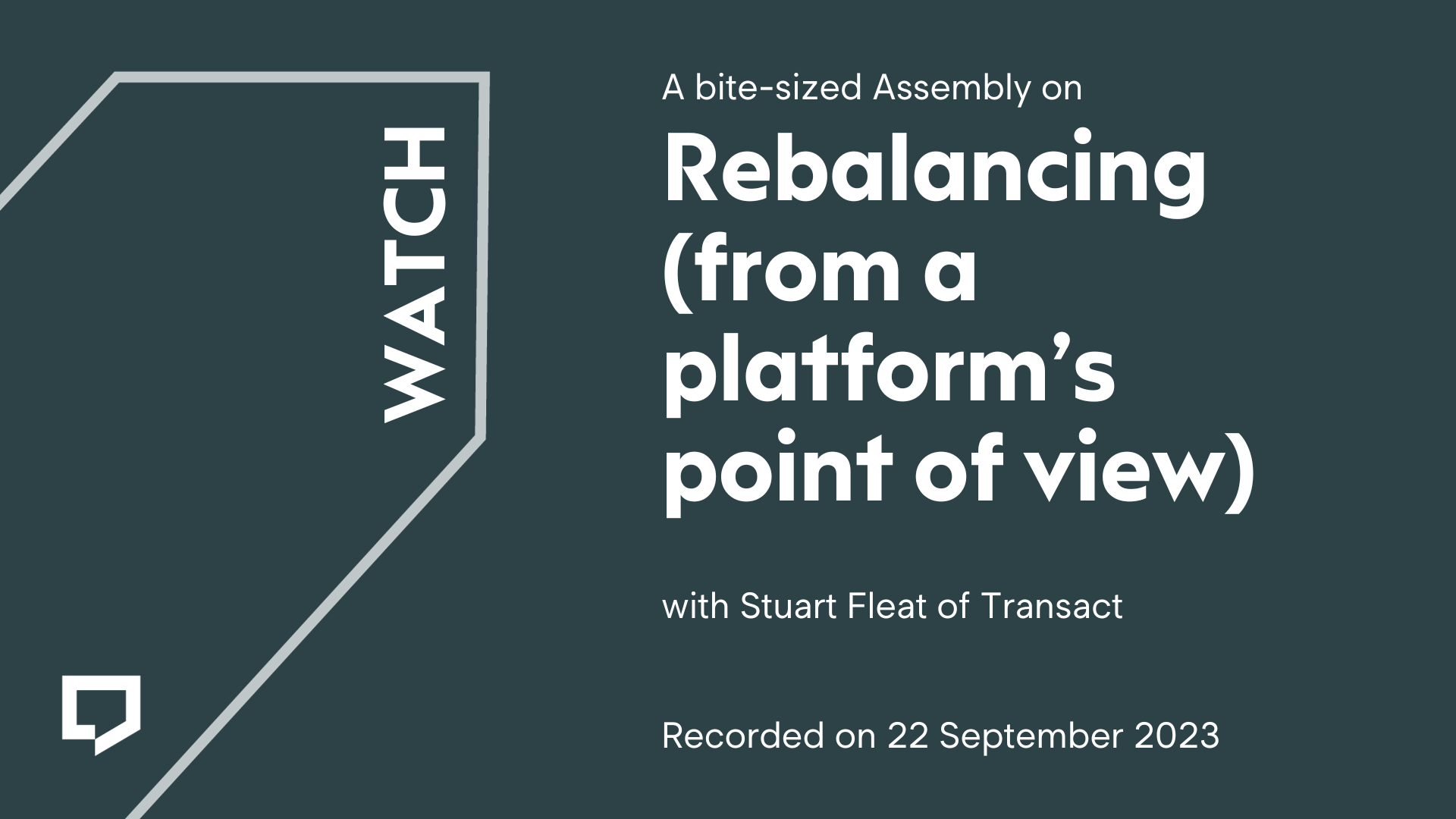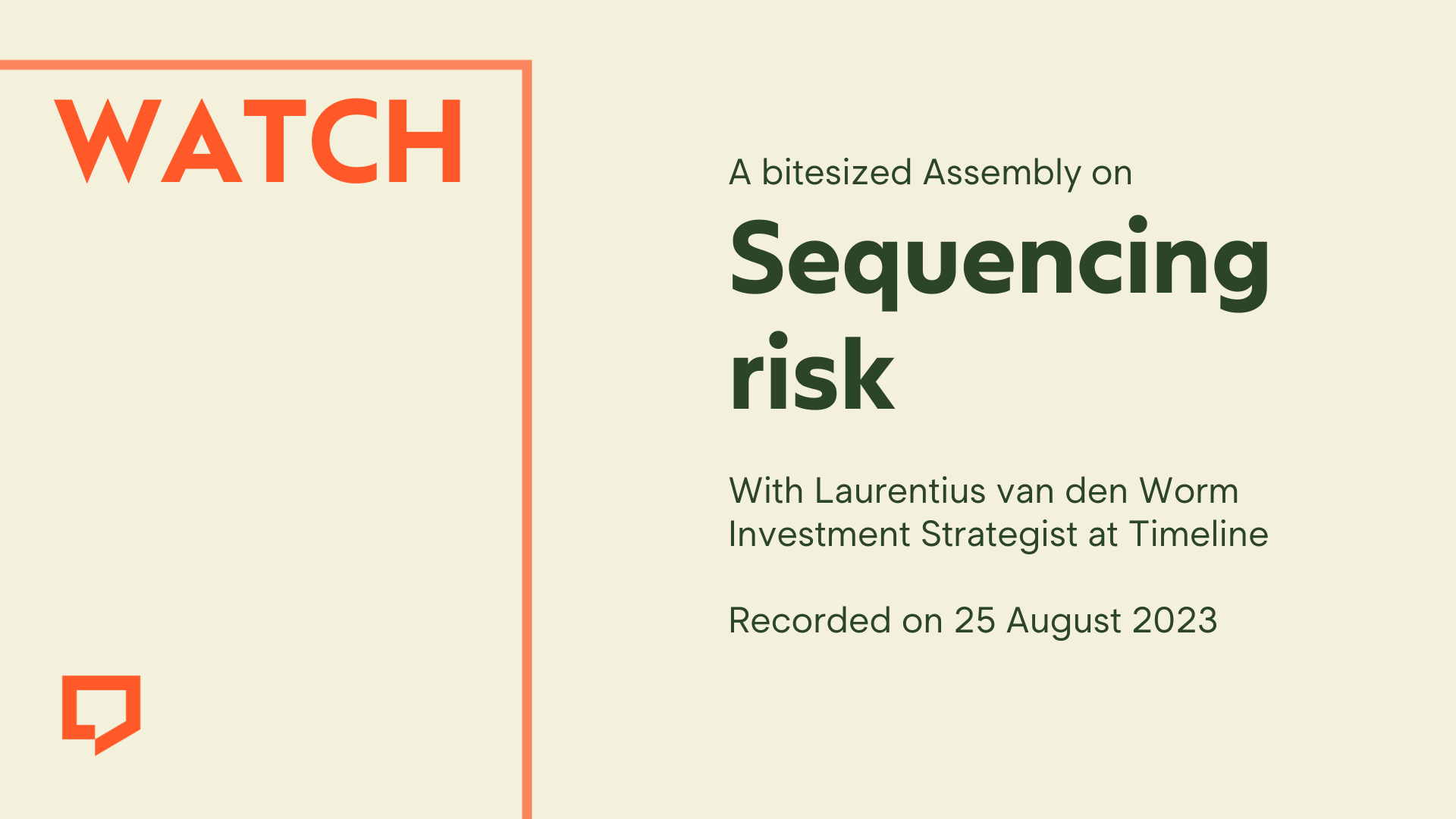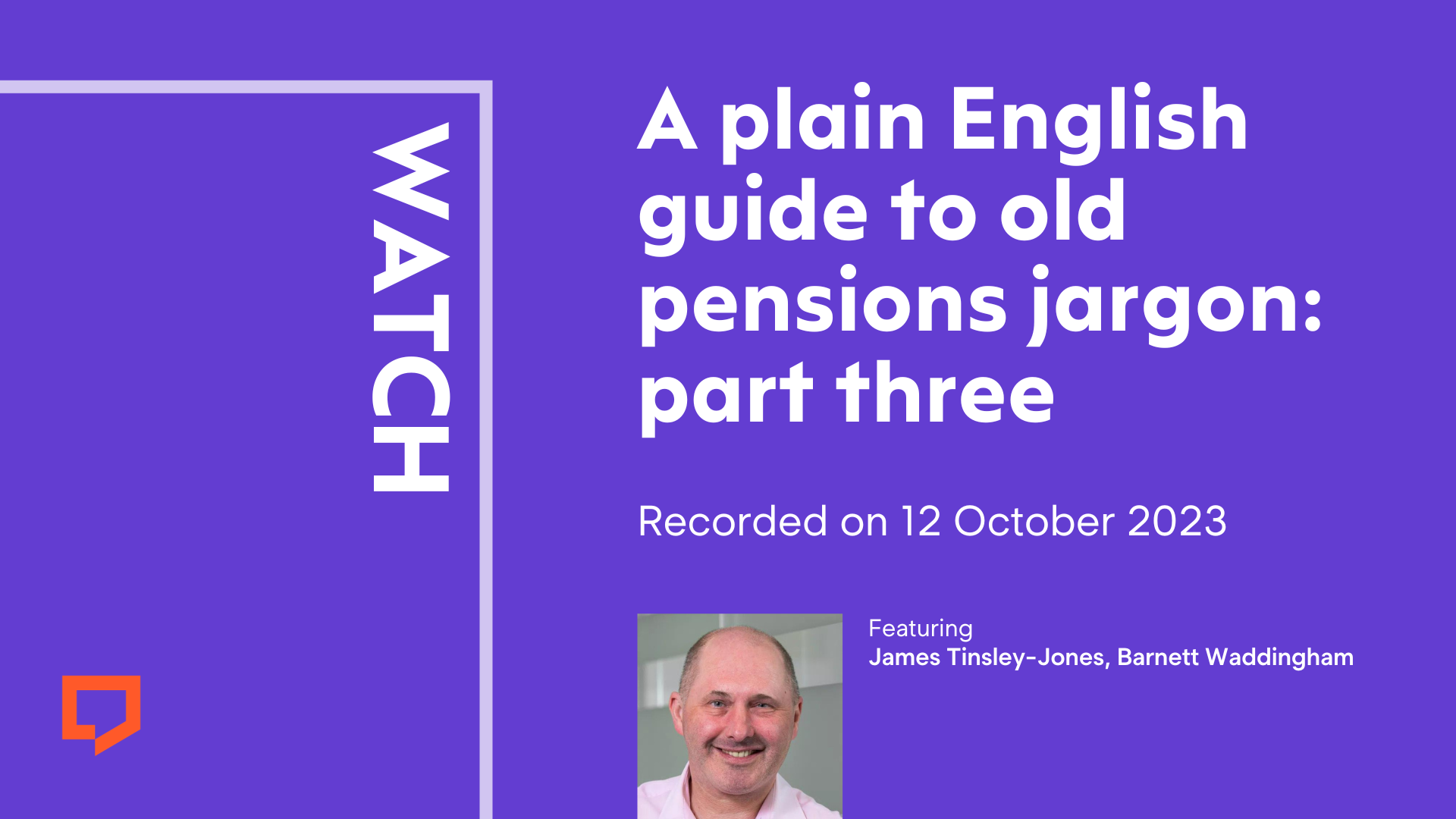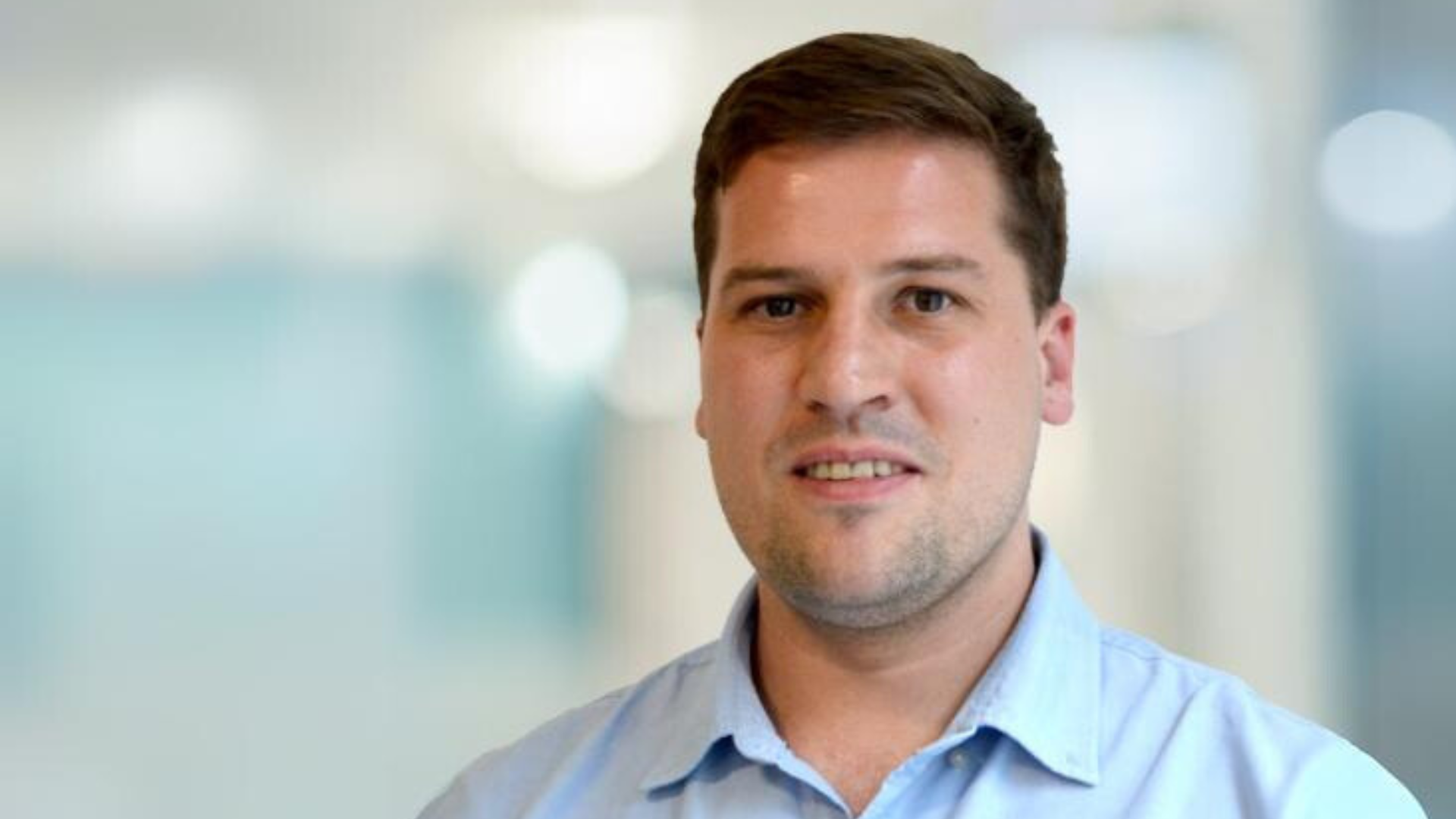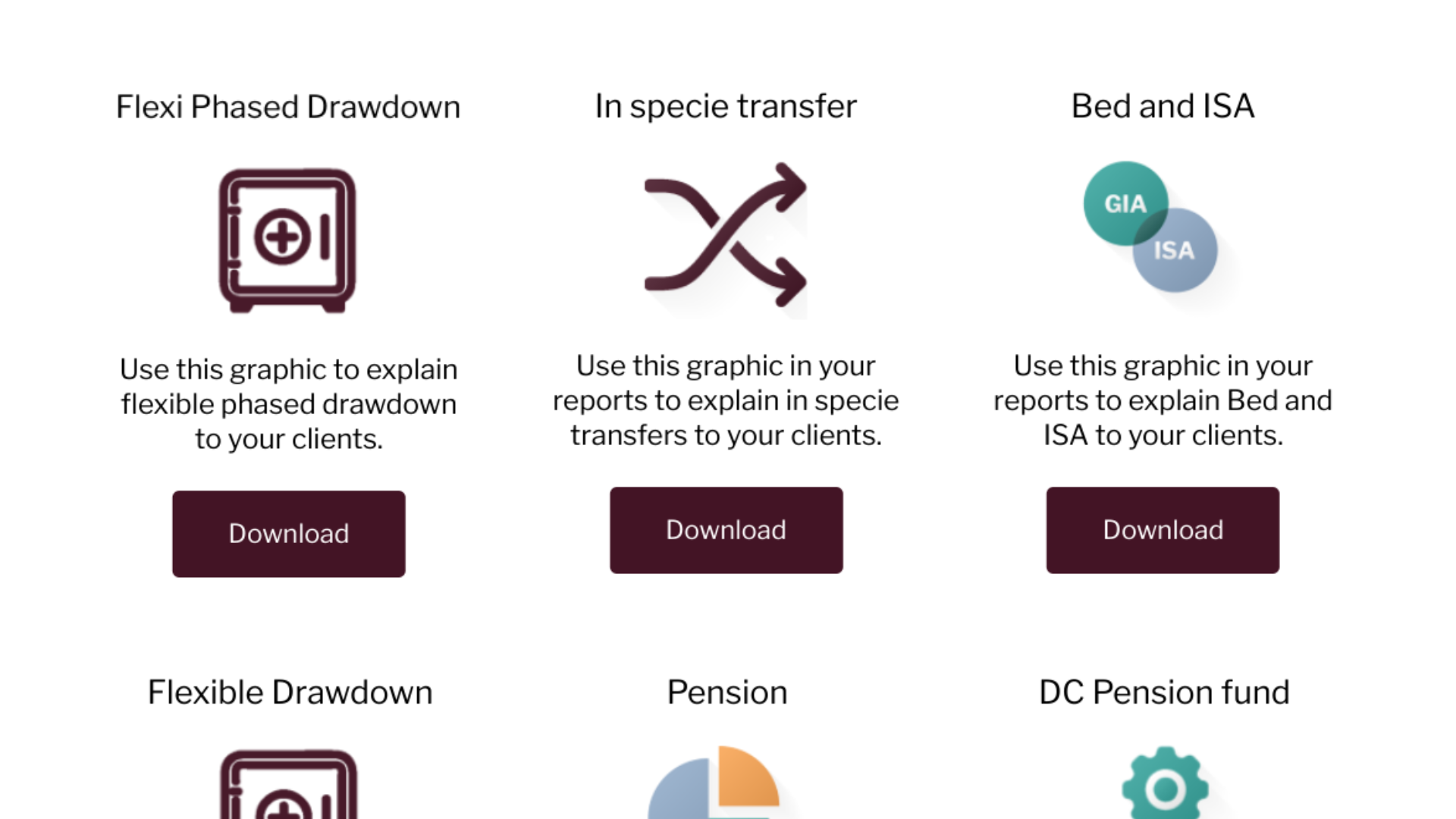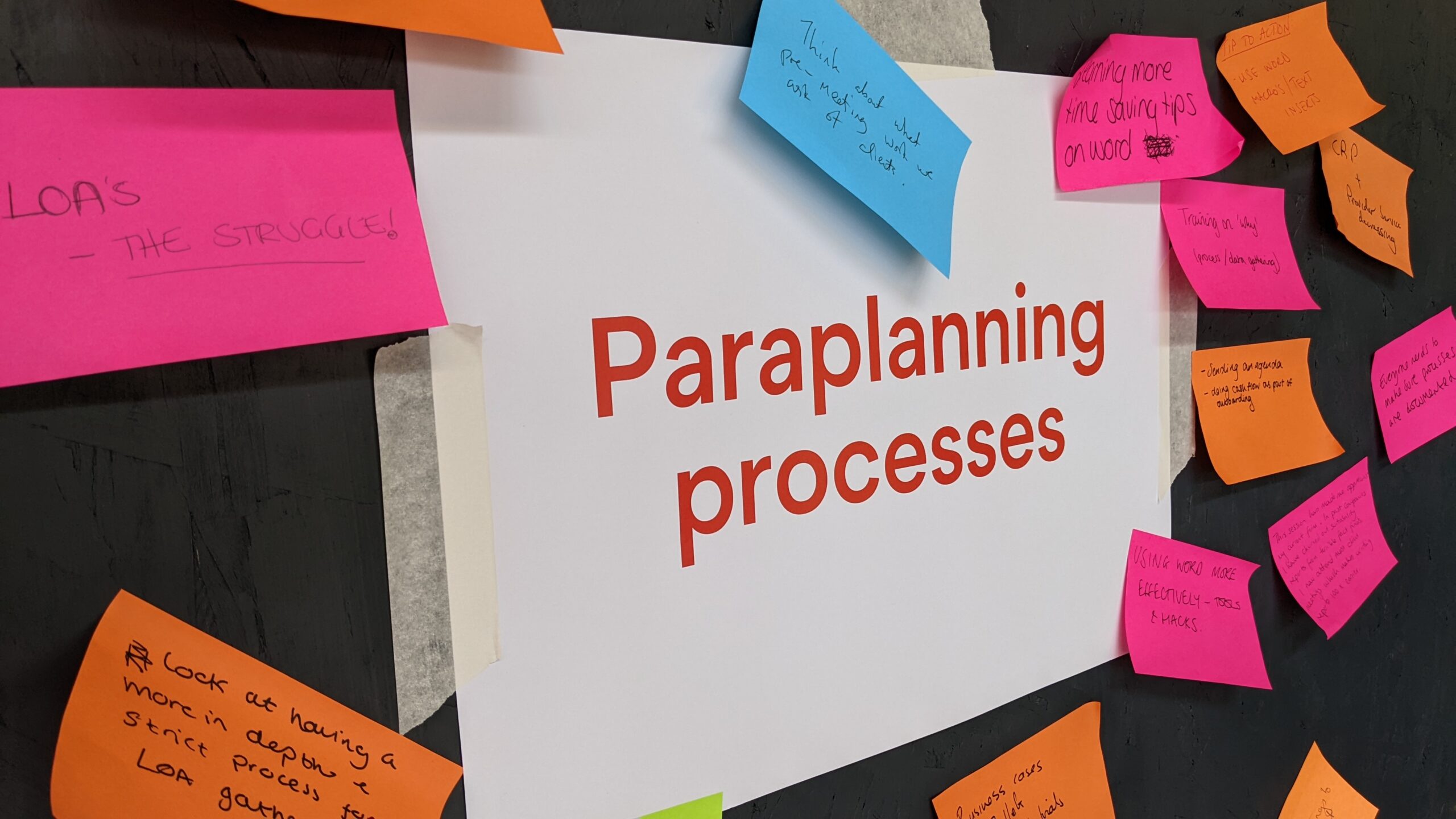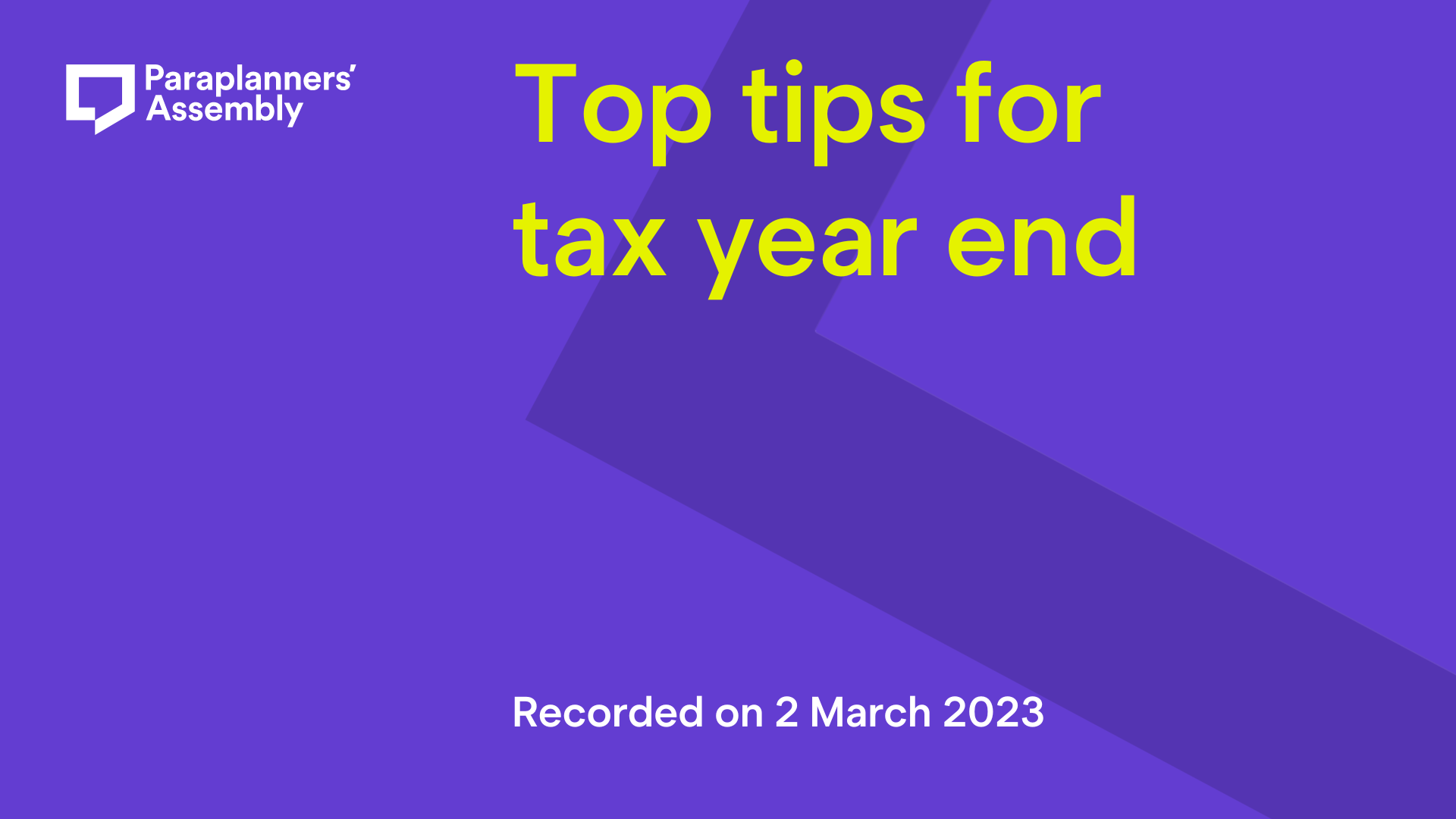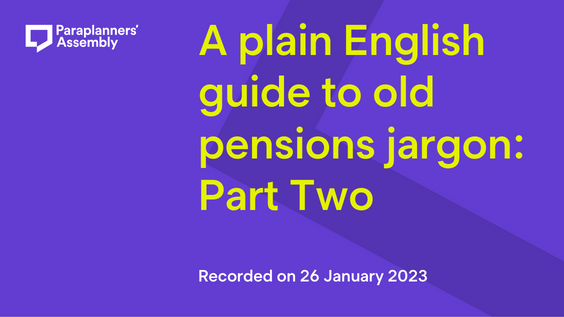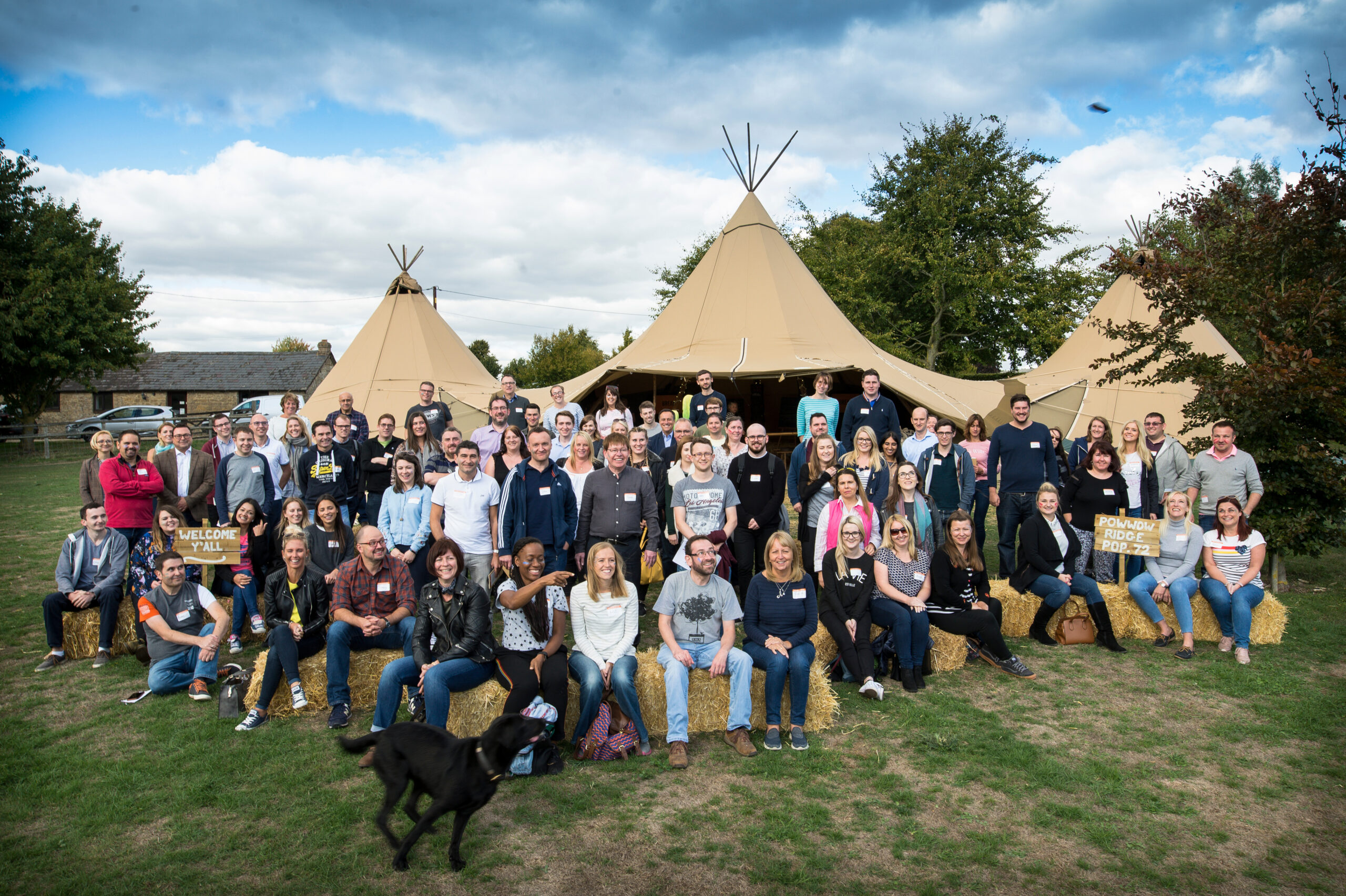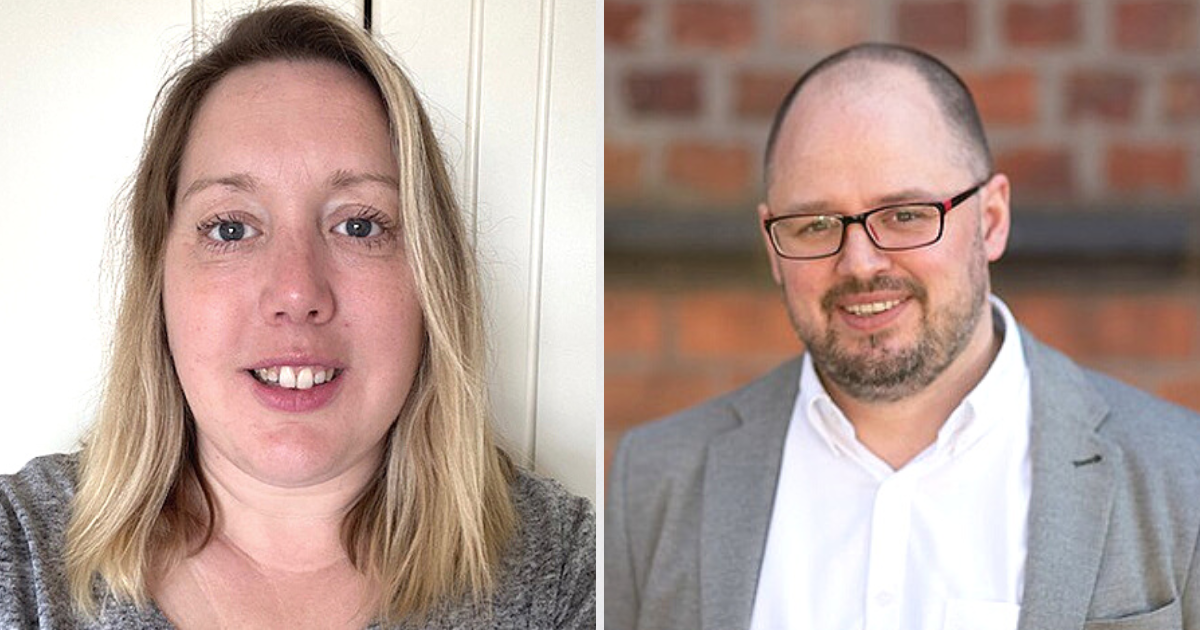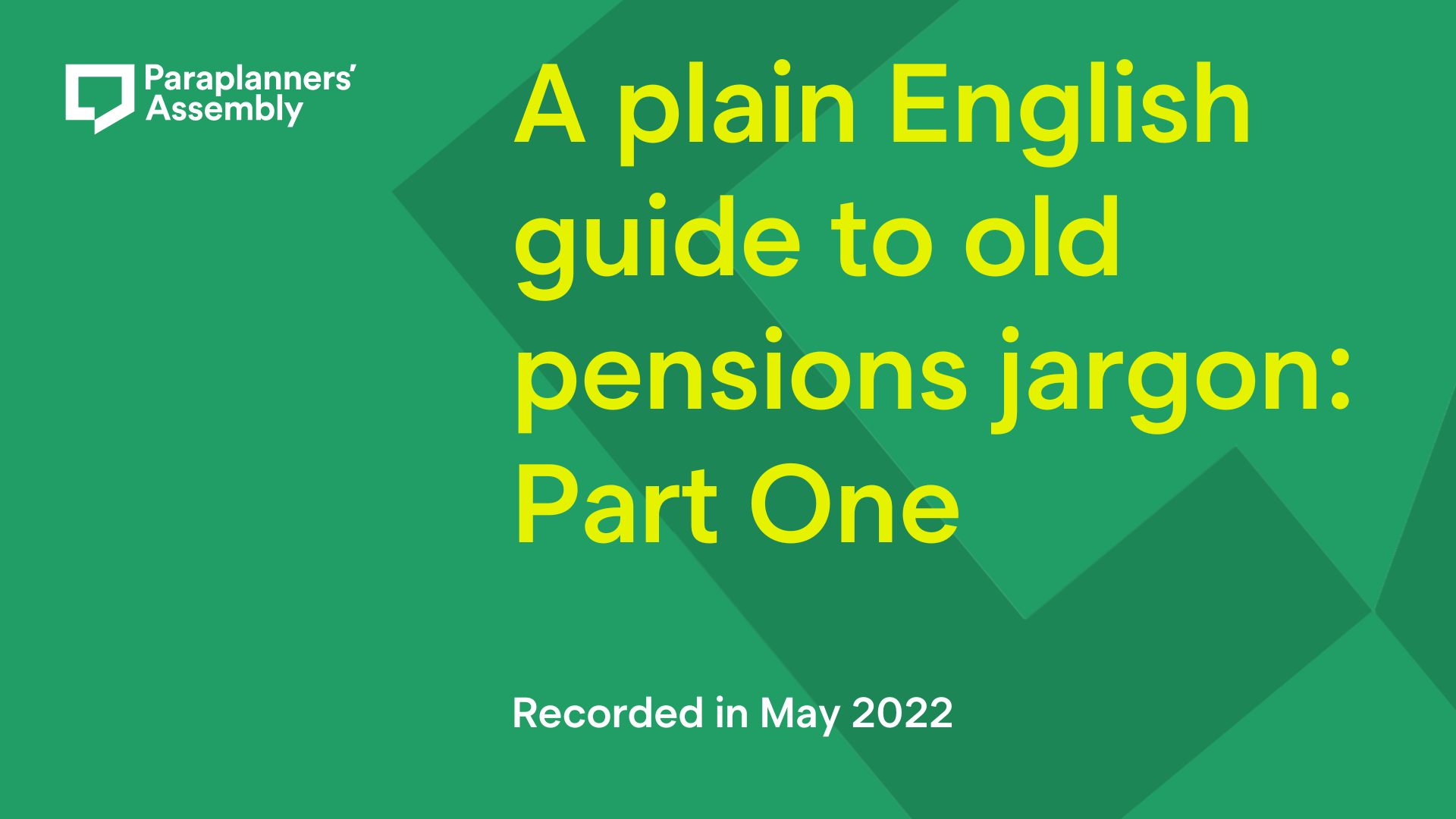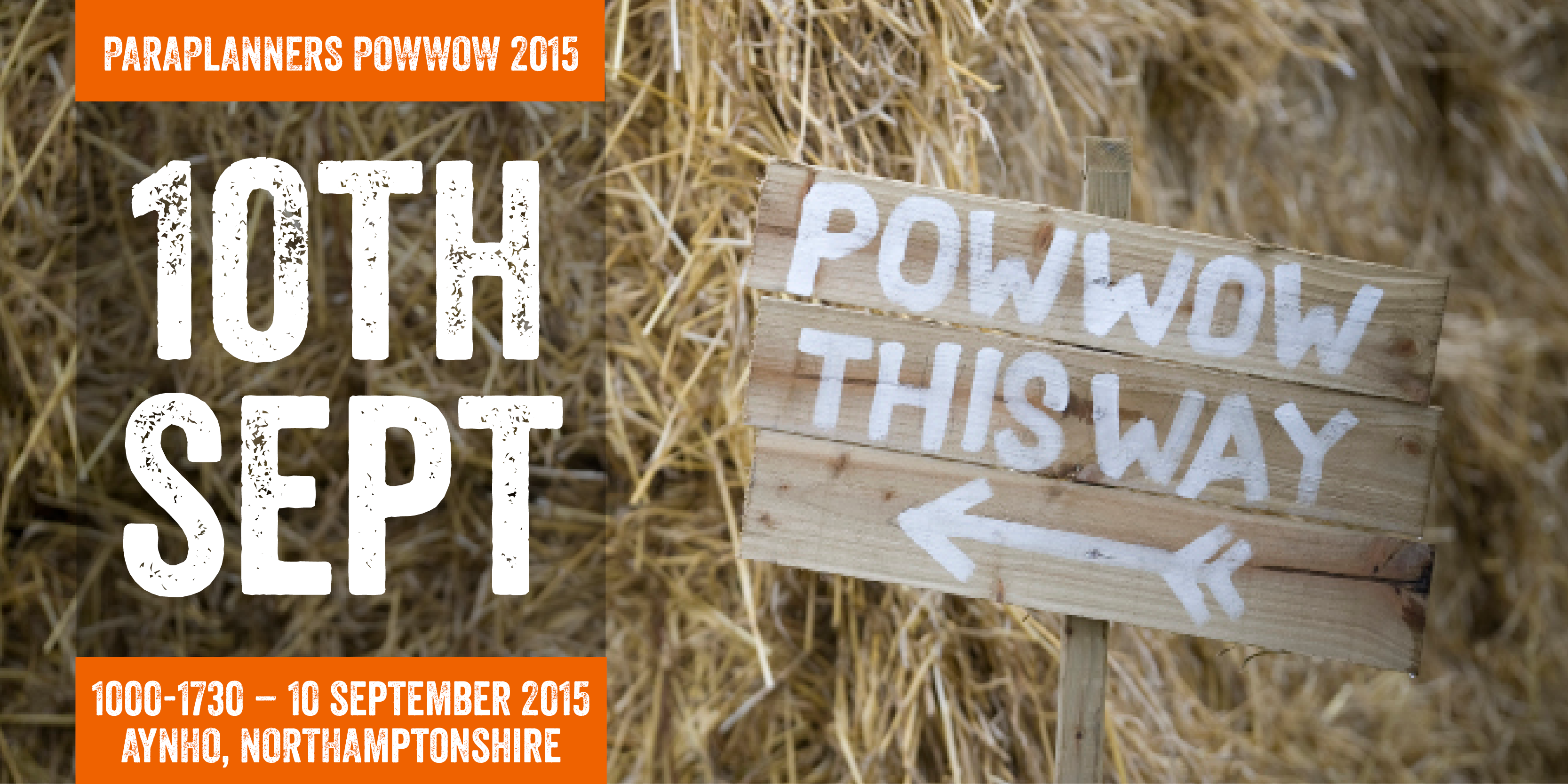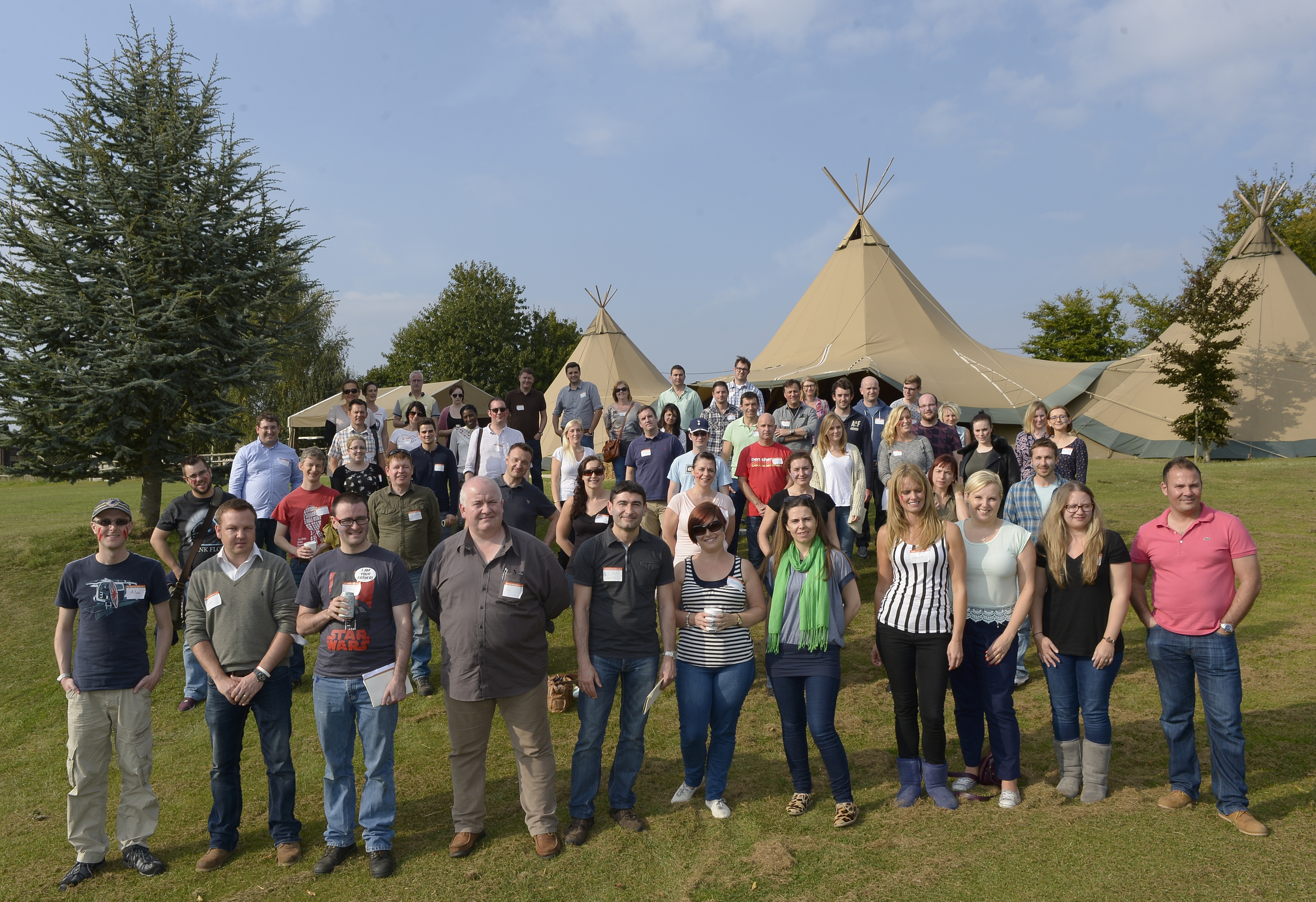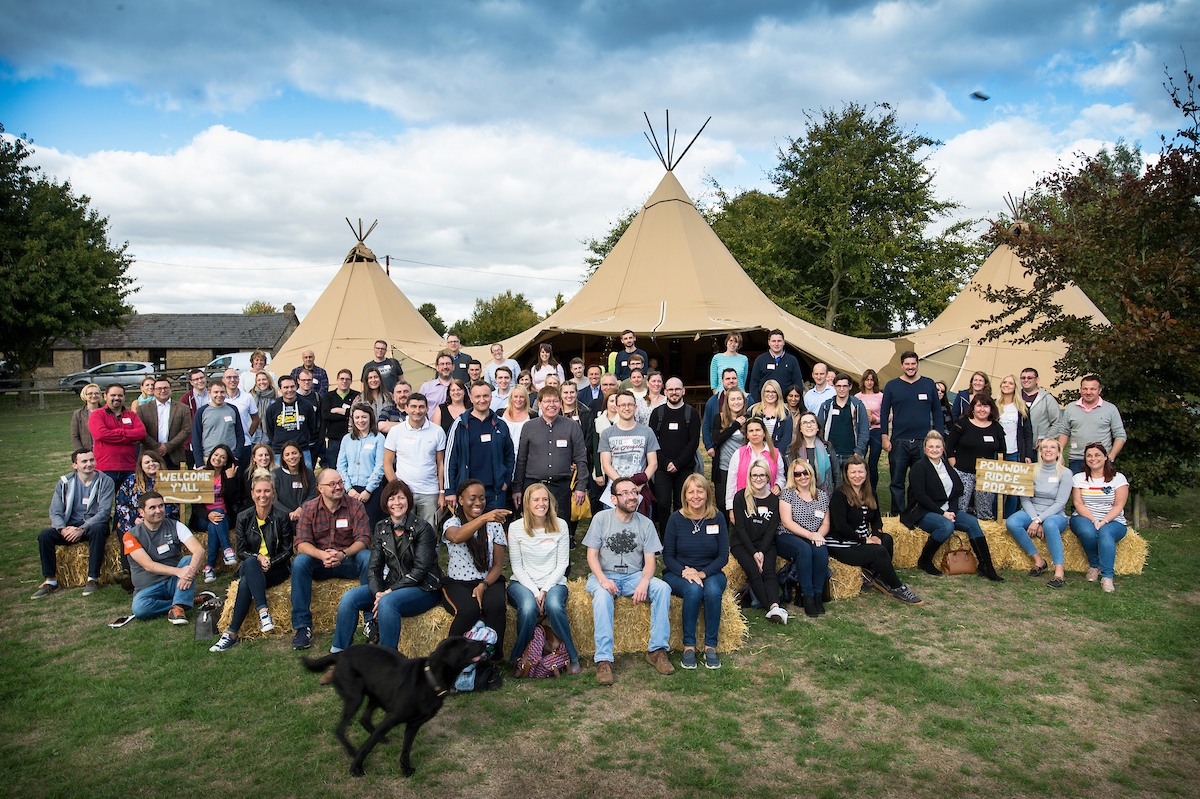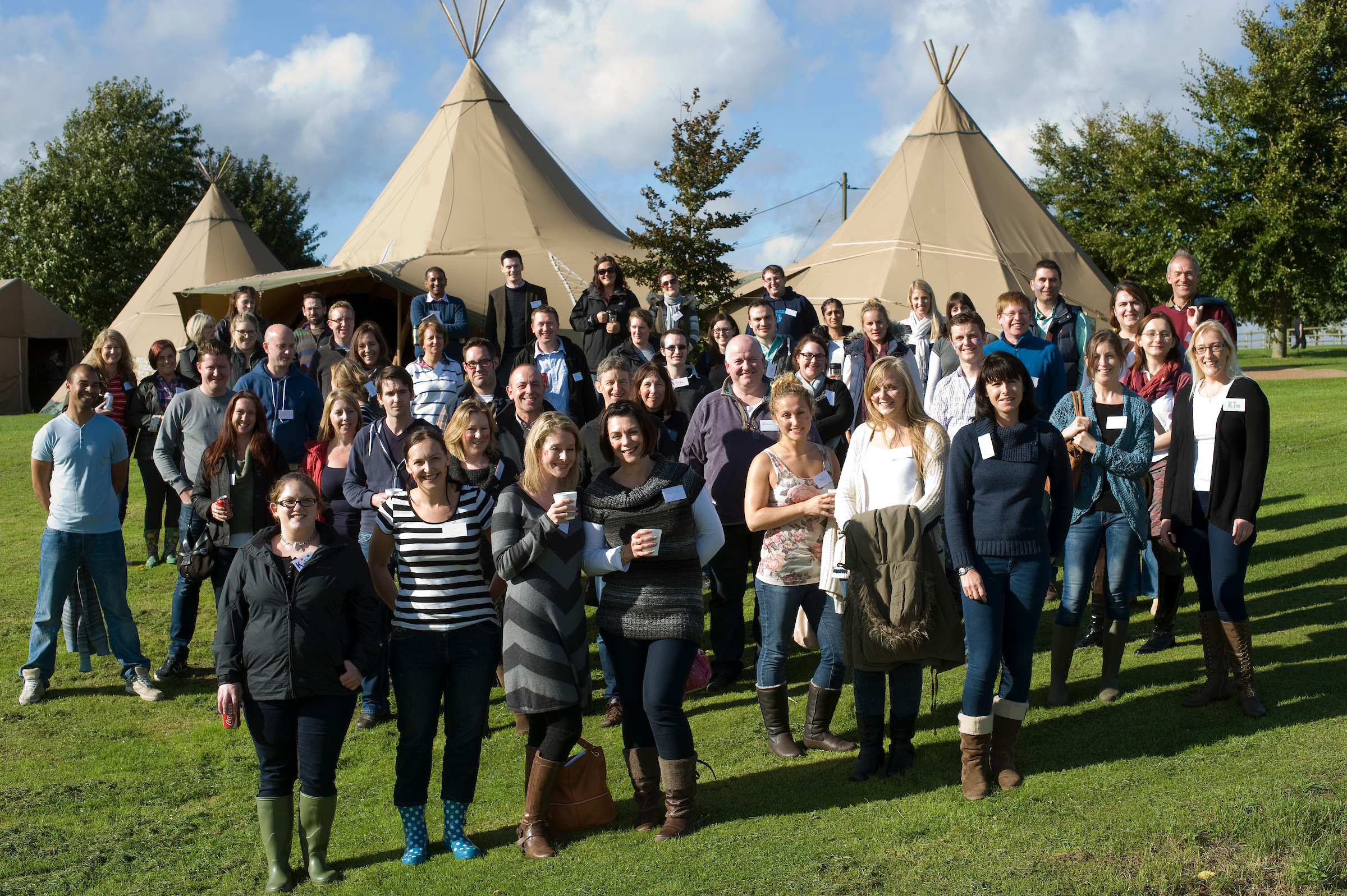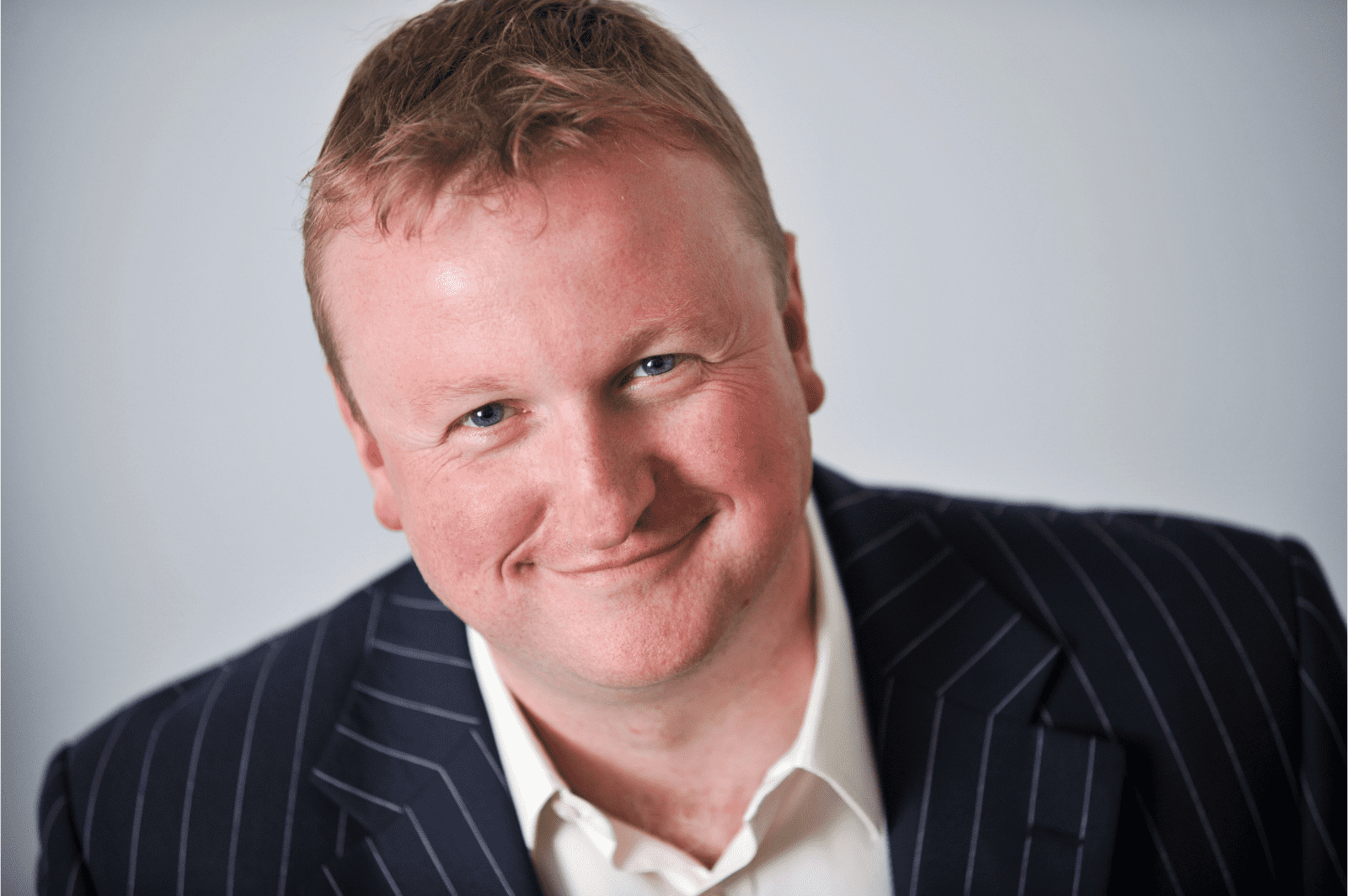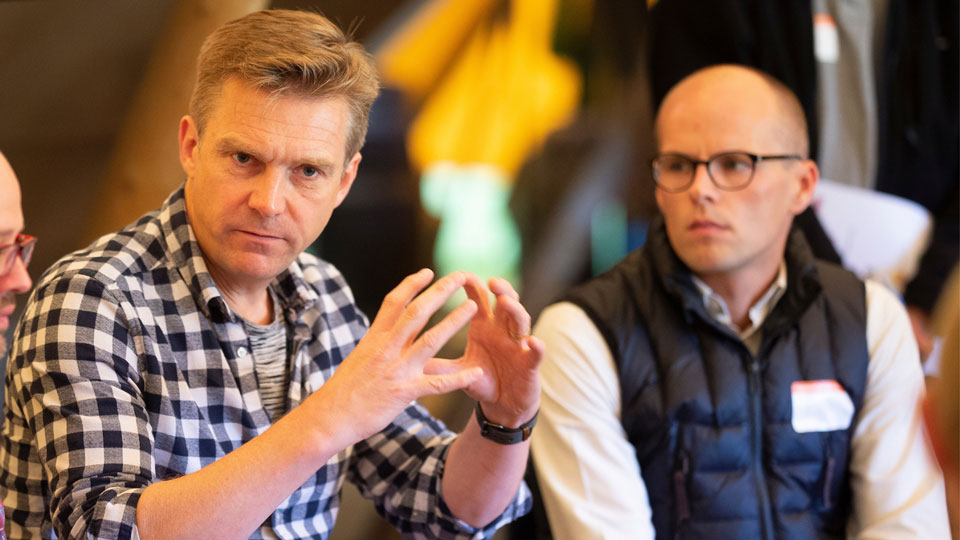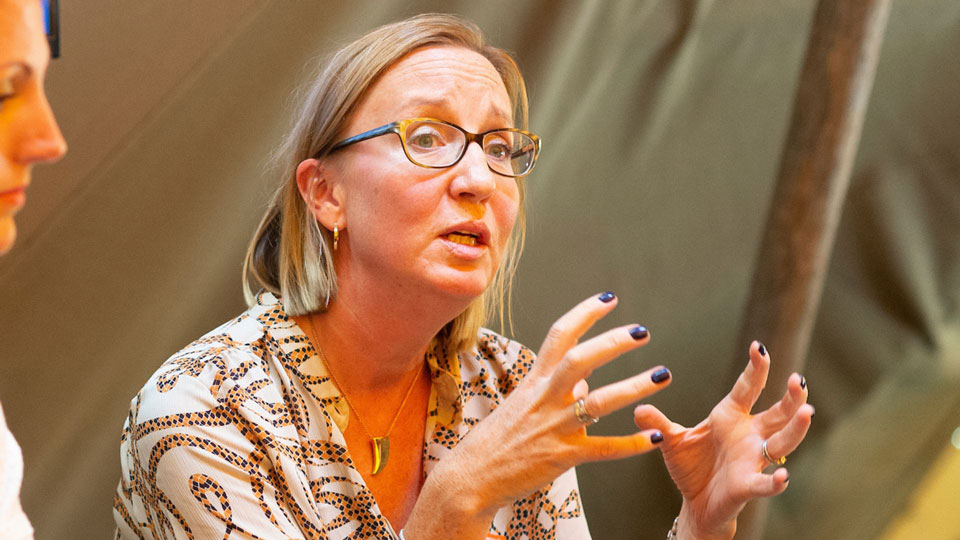The online assembly about starting out in paraplanning proved so popular, we didn’t have time to answer all the questions people raised in the hour. So, experts Caroline Stuart, Tony Bates and Benjamin Beck, kindly got together after the show to answer them.
Before you get stuck in to reading their answers, make sure you’ve watched the show here.
Over to the experts
Question 1: I am a year into a junior paraplanning role, I’ve just finished my R0 exams, but I am quite wary that I am still inexperienced and have a lot of areas to develop in the day job. Would you recommend jumping straight into the AF exams or would it be more important to take some time off studying to focus on building up my skillset at work?
Benjamin: I have not yet embarked on the AF exams so it is difficult to answer. What I would like to say is, if you take a study break it can be difficult to get back into the rhythm. Perhaps consider Practical Investment Planning (PIP) qualification as this qualification seek to develop you further for the day to day job.
Tony: My experience working with clients is that If attitude is the same they would always go for someone less qualified (as long as on course for level 4) with more experience than more qualified with less experience so build up as many skills as possible. Don’t be shy to ask the best person in the business how they do things as most people enjoy talking about themselves ! 😊
Caroline: This is a tough one, as it really depends on the type of work you are doing in your day job and how you feel about exams. The change from the R0 papers to the AF papers can feel like quite a leap for some people, particularly if they are still quite new to the job, but the things you will learn from them will help you in your role. The difference between the R0 papers and AF papers is that the R0s are all about learning the information and the AF papers are all about how you apply that knowledge. You would find it difficult to complete the AF papers without the knowledge you’ve gained from the RO papers still being fairly fresh, so the longer you leave between them, the more you will have to potentially revisit and refresh yourself on.
Also, as Ben noted, once you get out of the ‘habit’ of exams, it can be difficult to get back into them. I know I left a couple of years between finishing my diploma and moving on to the Advanced Diploma and in hindsight, I wish I’d just kept going! The information you learn in them will always be useful, even if you are still fairly new to your role, so if you are able to, my advice would be to maybe have a little break to give your brain a well deserved rest but then get back to it as soon as you can.
Question 2: What does PIP stand for?
Benjamin: Practical Investment Planning (PIP)
Question 3: Should I take a paraplanning qualification or do the main financial services ones?
Benjamin: Not sure if you mean specially the paraplanning qualification within CII or the ROs? I would recommend achieving the Diploma as a lot of paraplanning roles have advertised as Level 4 qualified minimum. (Never hurts to have extra qualifications)
Tony: I can only base it on my experience. I think because the paraplanning qualification is not as well known to firms /hiring managers it does not yet have the level of credibility that it probably should. Job market wise then hiring mangers would prefer the main FS ones.
Caroline: Many paraplanners want to be the same level of qualification as the planners they are working with and lots are more qualified. The paraplanning qualifications are a useful add on but they will largely require the knowledge you would learn with the R0 exams to pass it, as there is a certain amount of assumed knowledge with these.
Once you have done your Diploma, this will give you a good foundation to build on, with a really broad knowledge base. As paraplanning is such a wide field, the requirements of your role will largely depend on the business you are working in, and unfortunately, a qualification can’t cater for individual business processes. A paraplanning qualification will give you a good understanding of the role in general, but on the job experience will also build the knowledge and skills you need. I would stick with the main ones initially and then once you have those under your belt, you can choose whether to go for a paraplanning qualification or the advanced ones, depending on where you want your career to go, of course!
Question 4: Are there any decent job search sites specific to financial services perhaps? More general ones I find tricky as specific searches often return completely irrelevant jobs. I have a spreadsheet with a lot of local (and national) firms on with notes which I’ve used to approach speculatively
Tony: I would seek advice. A good recruitment consultant will advise /not sell so research and ask for advice from a consultant. Sometimes the opportunities are not advertised. People have financial advisors to advise on money, and you should see your career as a long term investment and work with a consultant in the same way.
I would also advise to look at companies that match your values, sign up to their careers page and connect with key people on linked in. You will be amazed the opportunities that come your way doing so.
If you are seeking a new role be sure to change to “open to work”on LinkedIn as this means that resourcing teams and recruitment firms will see that you are but not your employer so you are safe!
Caroline: I’ve only used Tony and Idex for the last 10 years! 😂 Approaching companies speculatively is a great idea as they may not have all the jobs advertised and they may not even know they are looking for someone like you until you contact them!
Thanks to Caroline, Ben and Tony for taking the time to answer these questions.



